It would be impossible to list all the varied circumstances that could bring a couple together. So many of these elements are positive and may even feel magical at the time. However, other bonds are forged by factors that remain invisible. These factors can be far from magical. In fact, they may keep you trapped in a cycle of suffering and feeling stuck. An insidious example of this type of connection is a trauma bond. What is Trauma Bonding? A trauma bond is a type of attachment style often formed in childhood. You may have lived with a caretaker who was abusive but initially, displayed love. As an impressionable child, you’re left to wonder what you did to provoke this change. You blame yourself and dedicate your time and energy to winning back the love and protection you lost and now crave.
This blueprint can set you off into a codependent mindset. You come to expect abuse and love to be intertwined. You may even seek out such connections. Fast-forward to adulthood and you might find yourself partnering up with some narcissistic individuals. This kind of partner will mimic the pattern you’ve internalized — caring at first but eventually eroding into emotional and/or physical abuse. You repeatedly reach out to the narcissist to win back your love and the trauma bond is played out over and over.
5 Ways to Know if a Trauma Bond is Keeping You Stuck or Suffering
1. You Justify the Abuse to Yourself
Perhaps one or more of these perspectives sound familiar:
- “If I love and support them, I can change them.”
- “They don’t mean it.”
- “They only hurt me because they’ve had a tough life and/or I made them do it.”
- “Even with all my faults, they put up with me and love me.”
2. Settling For Crumbs
A narcissist may leave you so starved for love and affection that you’ll be thrilled to get the tiniest bit of attention. If you’ve been mocked or belittled all day, even a minor compliment can make you feel euphoric. You may see it as proof that he’s not all that bad and you just need to be more patient.
3. You Seek Negative Attention as Reward
If positive attention just isn’t happening, you may subconsciously take whatever you can get — and begin to adapt to it. Studies show that trauma bonding makes a victim addicted to the drama roller coaster. Your brain becomes so accustomed to the up-and-down emotions that it “rewards” you with a hormonal/chemical rush.
4. Walking on Eggshells
Trauma bonding keeps you on edge — never knowing what might set your partner off — creating an endless cycle of worrying and self-blame.
5. Others in Your Life Voice Concern
This may sound like an obvious sign but not with trauma bonding. The victim has constructed an intricate web of explanations, e.g.
- “I know they’ve got issues but they need me.”
- “They don’t mean it.”
- “It’s not as bad as it looks.”
- “You don’t know them like I do.”
Getting the Help You Need
The intense emotions of any relationship can disguise or obscure underlying issues. You feel stuck but you’re not sure why. You’re suffering but can’t identify the causes even when they may be apparent to others. There is no shame in this scenario but it does require outside intervention.
Seeking help via therapy is a powerful step towards self-awareness and healing. You and your therapist can take measures to expose the patterns that have shaped your relationships and your life. Once these variables are laid bare, it can feel easier to address them and move toward a place of recovery.
EMDR & Somatic Experiencing can help.
When you’re ready, contact me for a consultation, I’m here to help.






